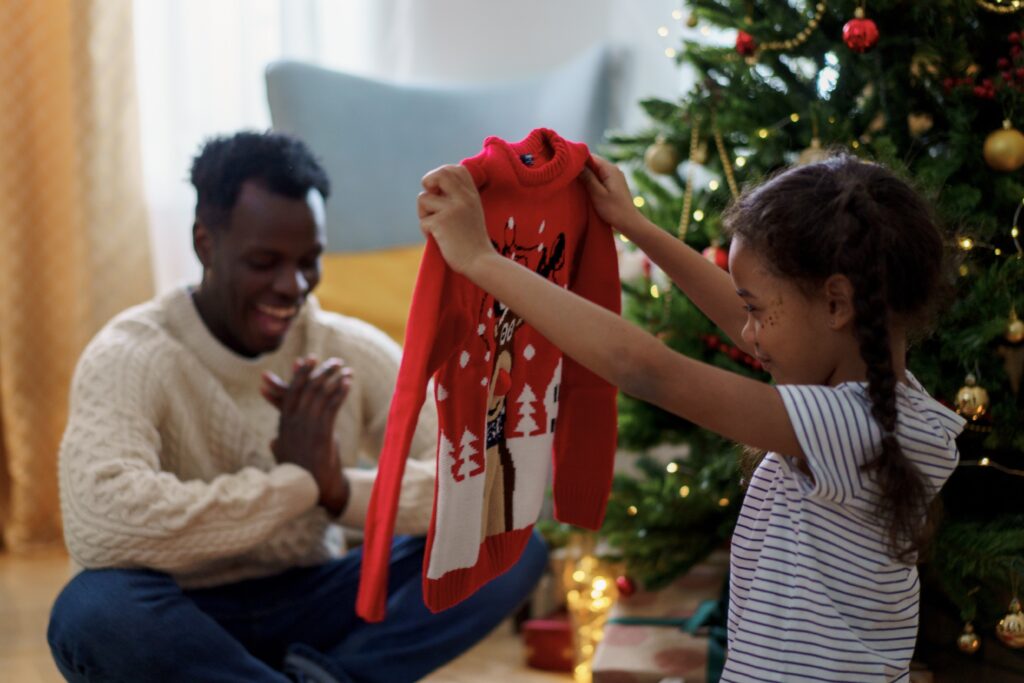4 Ways to Navigate Gift-Giving With a Family Member Who’s Neurodivergent

Featured image by SHVETS production, Pexels
The holiday season is almost upon us, and – perhaps you included – many people’s minds are busy internally deliberating on the kinds of gifts to get for their closest loved ones, friends, and family members. But what if your intended gift recipient is neurodivergent?
Well, picking the right gift for them can be a bit challenging, but not if you are well-informed and understand their special needs.
In this piece, we shall look at several ways to approach gift-giving when the intended recipient is neurodivergent.
Who’s A Neurodivergent Person?

Image by Alexander Suhorucov, Pexels
While the term may have several definitions, a neurodivergent can be defined as a person, whose brain works differently from that of most people, perhaps due to differences in brain development, genetics, and neurological disorders like ADHD, dyslexia, and autism.
It’s a non-medical term closely related to neurodiversity, which was coined in the late 1990s by Australian sociologist Judy Singer to recognise the uniqueness of the brain in each and every person. Simply put, we all have differences in brain and cognition in terms of learning, attention, mood, sociability, and other mental functions.
Consequently, neurodivergent people generally think differently, with studies estimating fifteen to twenty percent of the global population to show some form of neurodivergence.
Gifting a Neurodivergent Family Member

Image by cottonbro studio, Pexels
Neurodivergent people may have a wide range of sensory and cognition issues. Some may struggle to take criticism well, whereas others may feel overwhelmed by a simple positive gesture. For some, socialising simply isn’t their best.
For these and other reasons, you wouldn’t want to pick a gift or present one in a way that would seem intrusive or mentally disturbing.
1. Consider Their Sensory Needs When Selecting a Gift
Depending on the underlying cause, neurodivergent individuals can be easily rattled sensually. They could even misinterpret the purpose and meaning of gifts. Therefore, it’s good to consider items that won’t be overly stimulating, such as a weighted blanket or noise-canceling headphones.
2. Look for Gifts That Can Help Them Manage Their Day-To-Day Life
This could be something like a planner or organisational tools to help your family member stay on top of things in their everyday life. Neurodivergent people have a different way of thinking, so they’ll probably react positively to such gifts if carefully chosen and well presented.
3. Give Them Something That Will Help Them Express Themselves
Think of things like a journal, art supplies, or an apparel item that reflects your intended recipient’s interests. Especially if your neurodivergent family member has sociability issues or shows recluse tendencies, something that can help them to express emotions and creativity could be a great pick for a gift. It could also be a puzzle, colouring book, or a stress-relieving toy – something to help them be mindful.
4. Ask Their Preferences — e.g. Would They Like to Always Know They’re Getting Flowers?
While surprise gifts may work wonders with most recipients, they may not always be the best option to go with neurodivergent family members. The last thing you want is to spook negative emotions or mentally upset someone who’s already dealing with a lot psychologically.
Also, some people who think differently would actually prefer to let them know what to expect beforehand. So, asking about their preferences can help ensure you pick a gift that doesn’t end up overwhelming them. If you plan to have a bouquet of flowers for delivery from The Bouqs Co. in the USA or Bloom & Wild in the UK to their doorstep, for instance, keeping them in the loop on what to expect can help you send some love without sending the wrong vibe.
If you’re not sure what to get, you could also appeal to other family members for ideas. They may have more insight into the best gift for your loved one, especially if they are closer to the recipient.
Guest Author




